GROUP LESSONS
Graded Theory Classes are invaluable for all musicians as they broaden musical awareness and support instrumental work. For pupils taking ABRSM practical exams at Grade 6+ level a pass in Grade 5 theory is also required. We suggest starting group theory classes when you are approx Grade 3 practical level. An online exam can be taken at the end of the school year.
1:1 Theory is for pupils wanting to study Grade 6+ theory, or those wanting to work at a fast, personalised rate to get to Grade 5.
What am I committing to if I sign up for a Theory class? Theory classes are a yearlong course from September-June. All members should attend regularly and complete homework each week. Theory as a one-to-one lesson is usually booked on a termly basis with an agreed end date for taking an exam.
New for 2025: General Musicianship Classes - a prequel to theory, these classes are aimed at beginners up to Grade 2 level. A fun and practical look at pitch, pulse and rhythm, encouraging musical confidence and independence. Like theory, these classes are a yearlong course, but no homework!
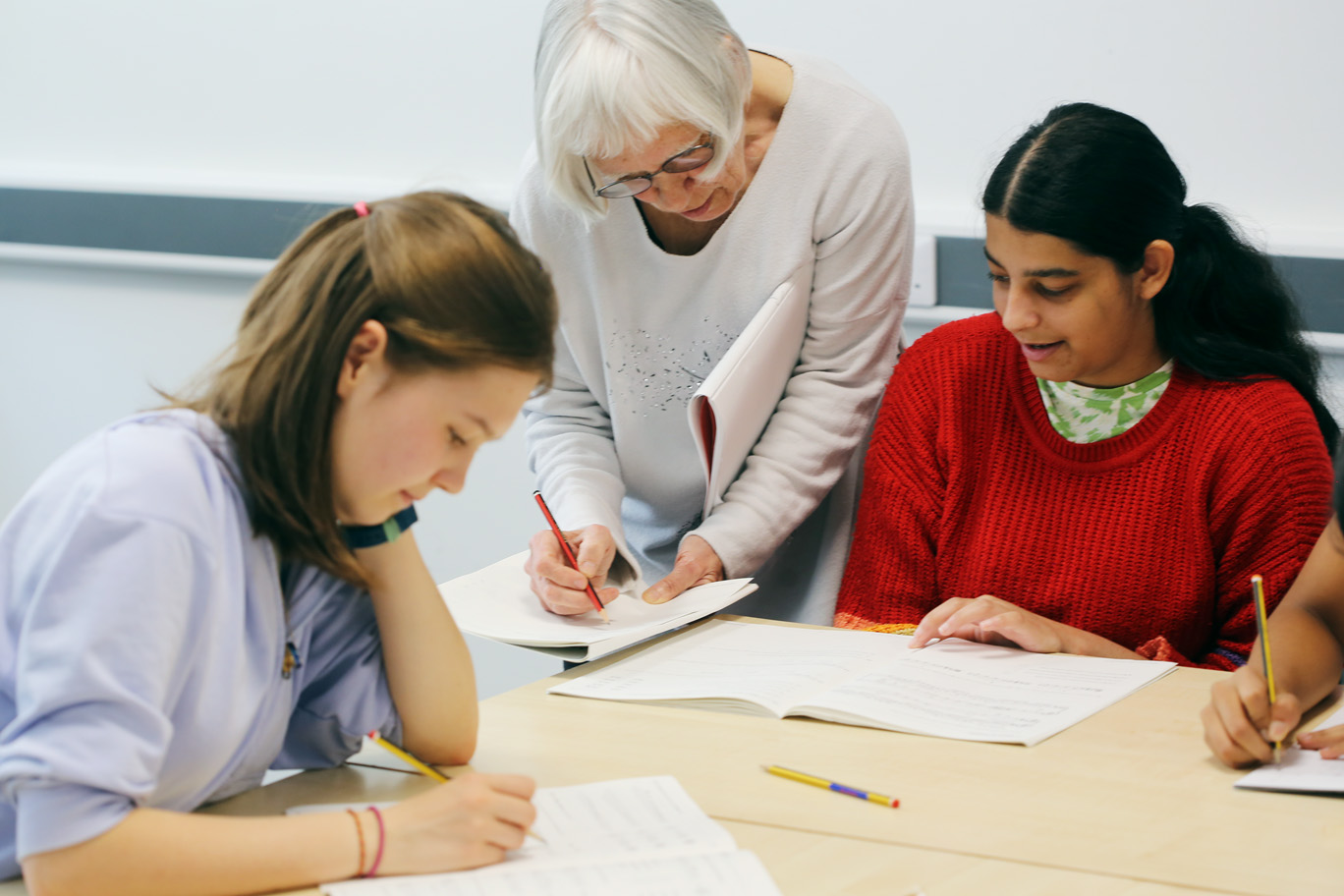
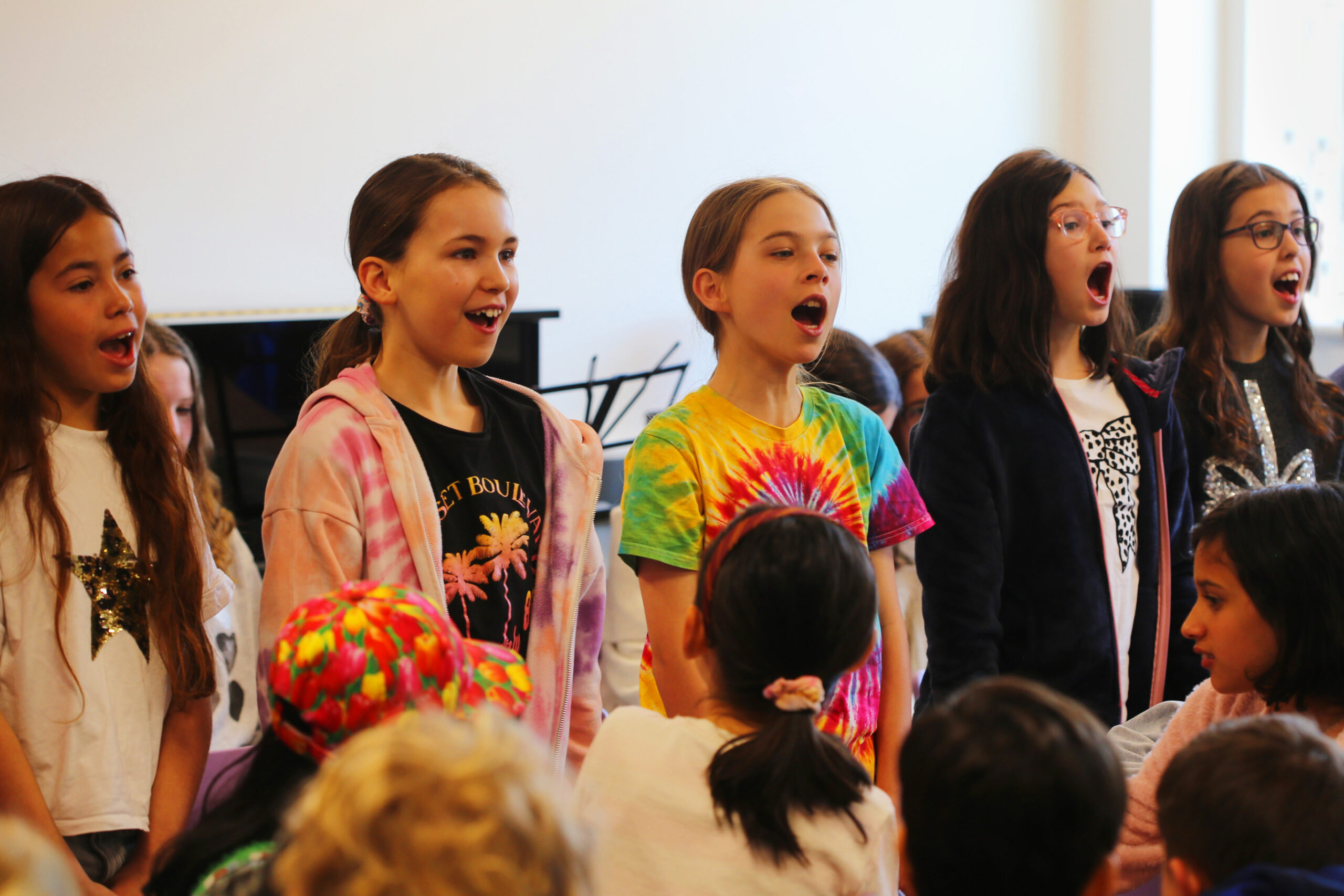
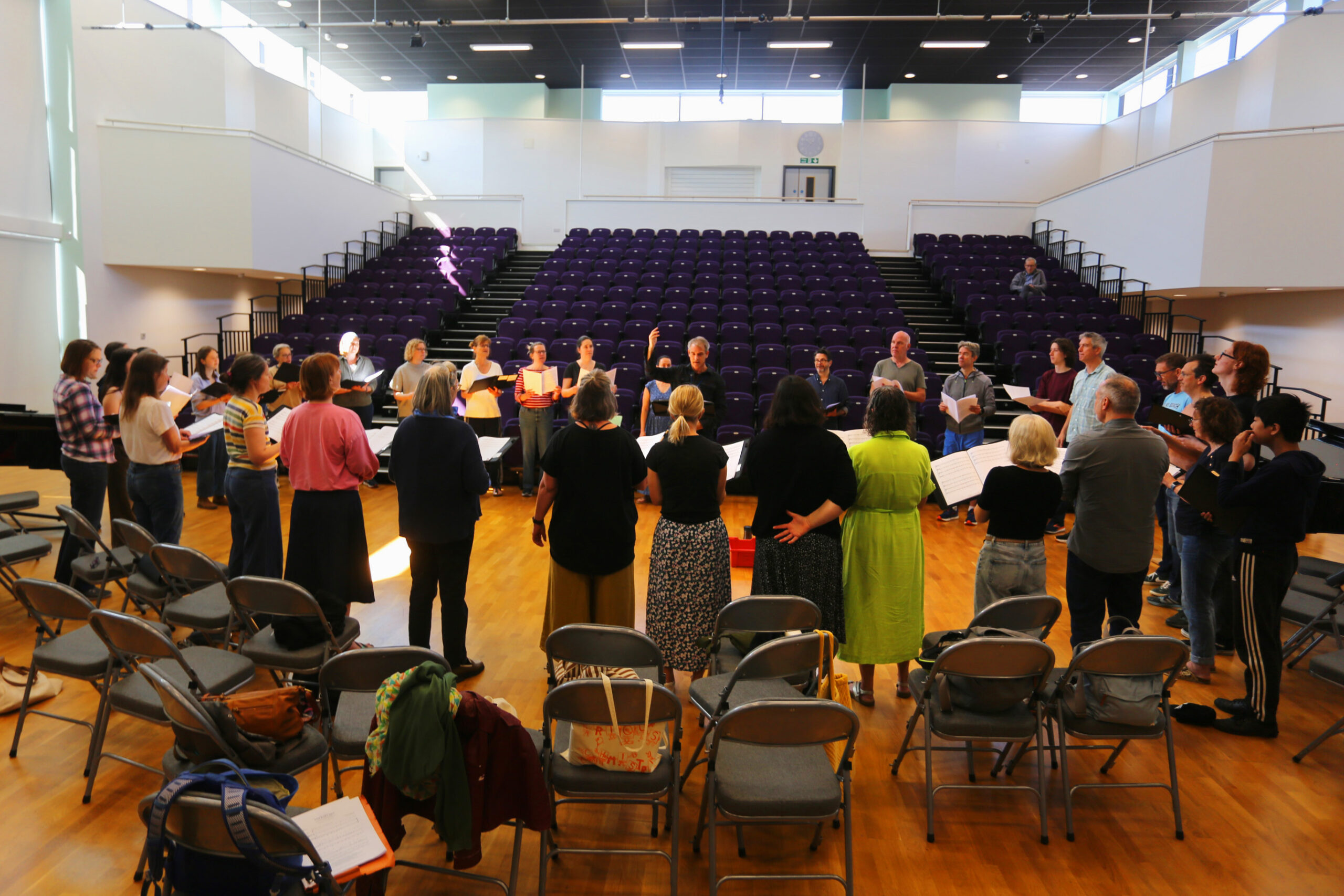
Junior Choir is a great option for 6-12 year olds. Develop a good musical ear, have fun with your voice and tackle a technically and musically challenging repertoire. The choir covers a variety of musical styles from classical through to show numbers and performs twice during the year – no audition or entry level required. Recent repertoire: Medley from Oliver! The Musical, Moon River - Mancini, Nine Lives - Peter Thorne and Dona Nobis Pacem. The Junior Choir is conducted by JASSPA’s Director Beverly Sizer.
Community Choir aims for inclusivity with the opportunity for teens and adults to sing together in SATB. We welcome readers and non readers that want to have fun singing in an informal but vibrant ensemble. Pick up tips to improve your vocal technique and work on harmonies, all whilst singing a variety of music and working towards performances in our concert hall. Recent repertoire: Lean on Me - Bill Withers, White Winter Hymnal - Robin Pecknold, Ave verum corpus - Mozart, A Tribute to the Beatles - arranged by Roger Emerson and Cantique de Jean Racine, Op. 11 - Faure. It has been scientifically proven that singing aids mental well being so why not take this opportunity to come and sing with us! Tutors: Sarah Parkin and Richard Sizer.
What am I committing to if I sign up for a Choir?
The Junior Choir is a yearlong course from September-June. All members should attend regularly and take part in performances. We accept applications to join the choir during the school year prior to concert repertoire being set – please contact us and we will be to update you here.
Our Community Choir asks for a termly commitment but hopes you will stay for longer!
Piano Ensembles (duos and trios throughout the day) - Playing as part of an ensemble has so many benefits to musical development. It helps us to become better listeners, better sight readers and most importantly it is lots of fun. Pianists can sometimes miss out on this, but there is actually a lot of music to discover for two, three or even four pianists, using one piano or two. In this class, you will learn all about musical textures, when to take the lead and when to follow, and the unique role that each person must play in order to bring a piece of music together. Classes will be grouped according to current playing level. Suitable for Grade 2+. Tutors will be instrumental specialists from our teaching team.
What am I committing to if I sign up for a Piano Ensemble? These are yearlong courses from September-July. PIanists will be placed with similar level pupils in groups of two, three or four. The number in each group will depend on the number of applicants. All members should attend regularly and take part in concerts. Where spaces permit, we may be able to accept applications during the school year – please contact us and we will be to update you here.
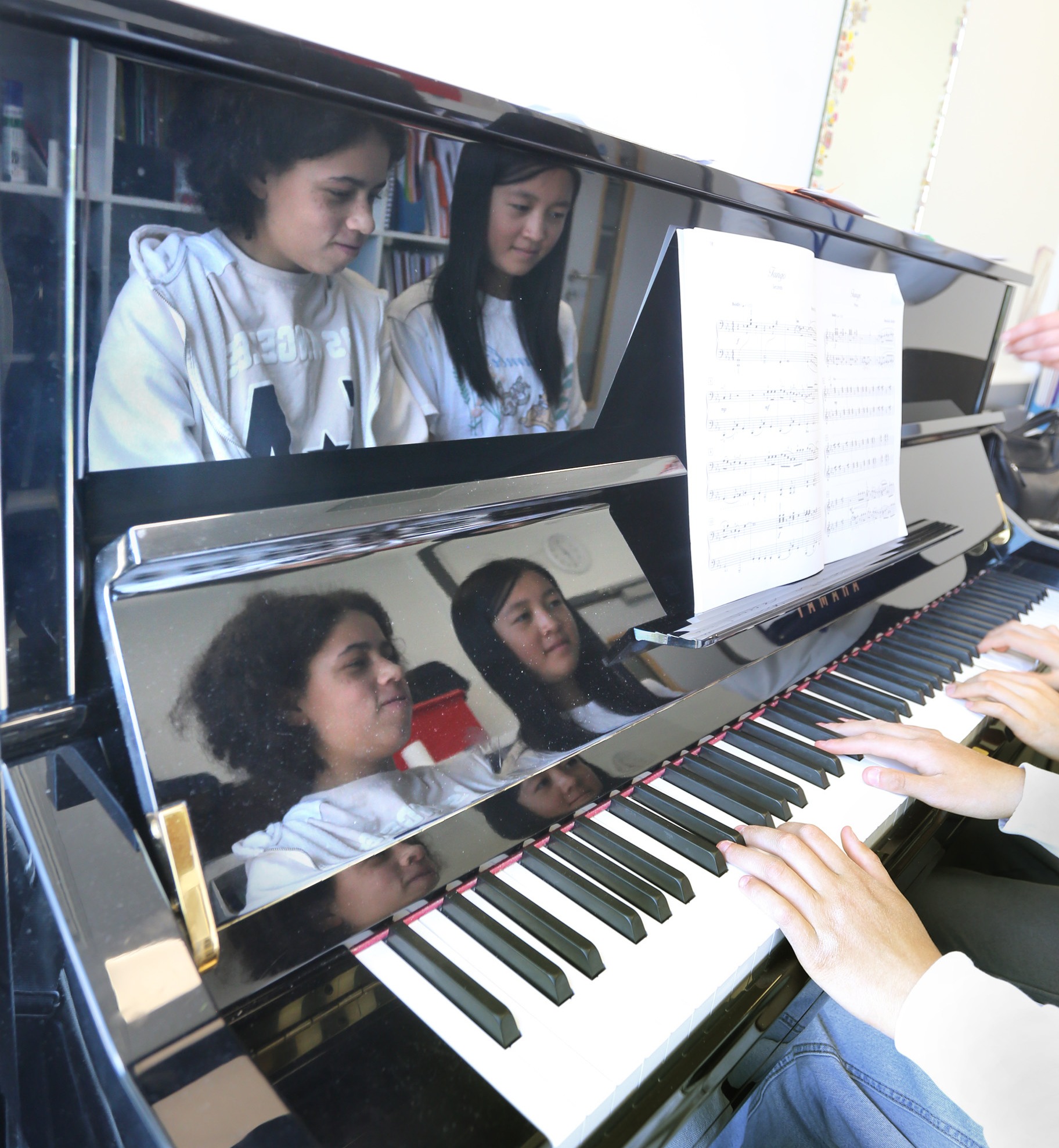
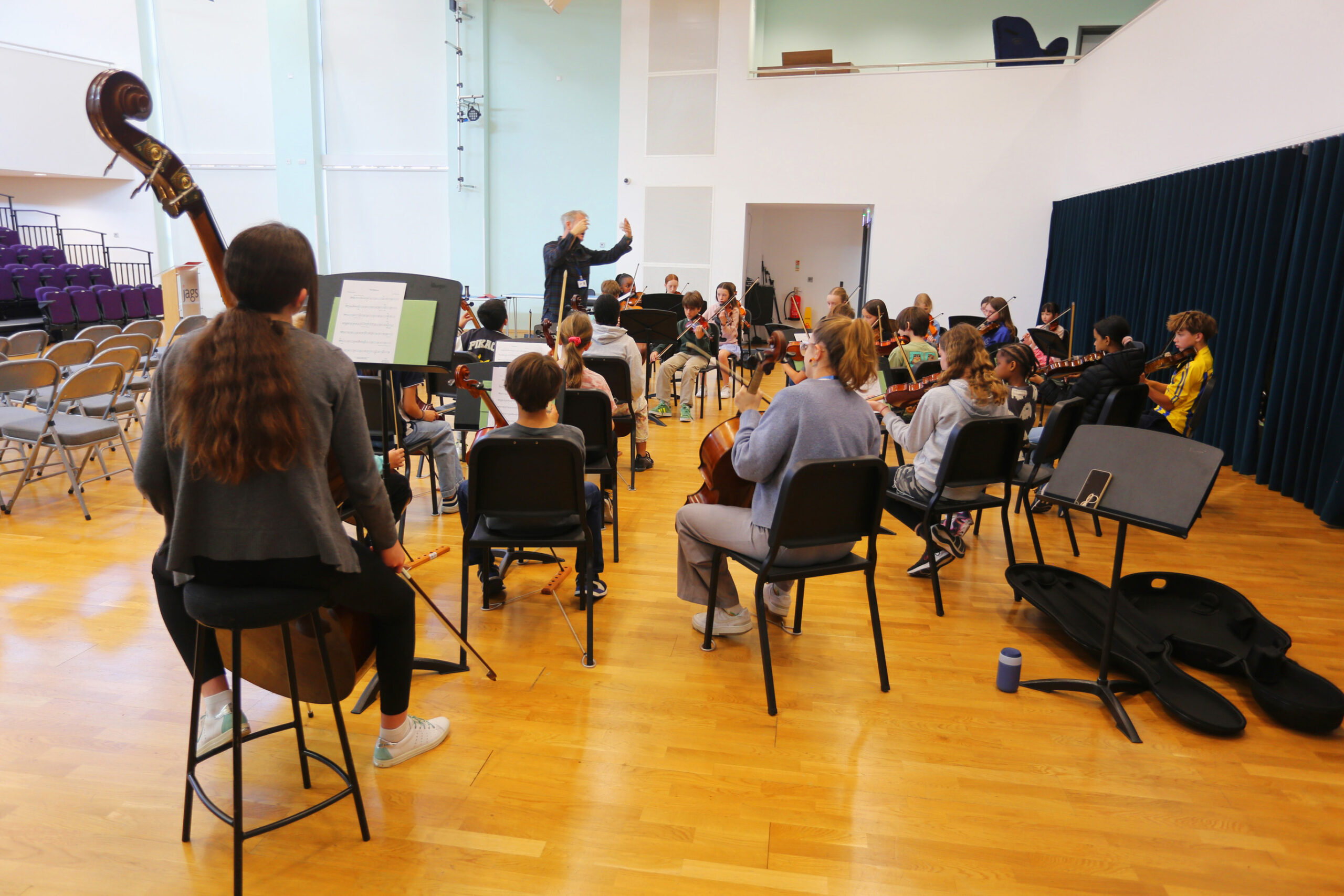
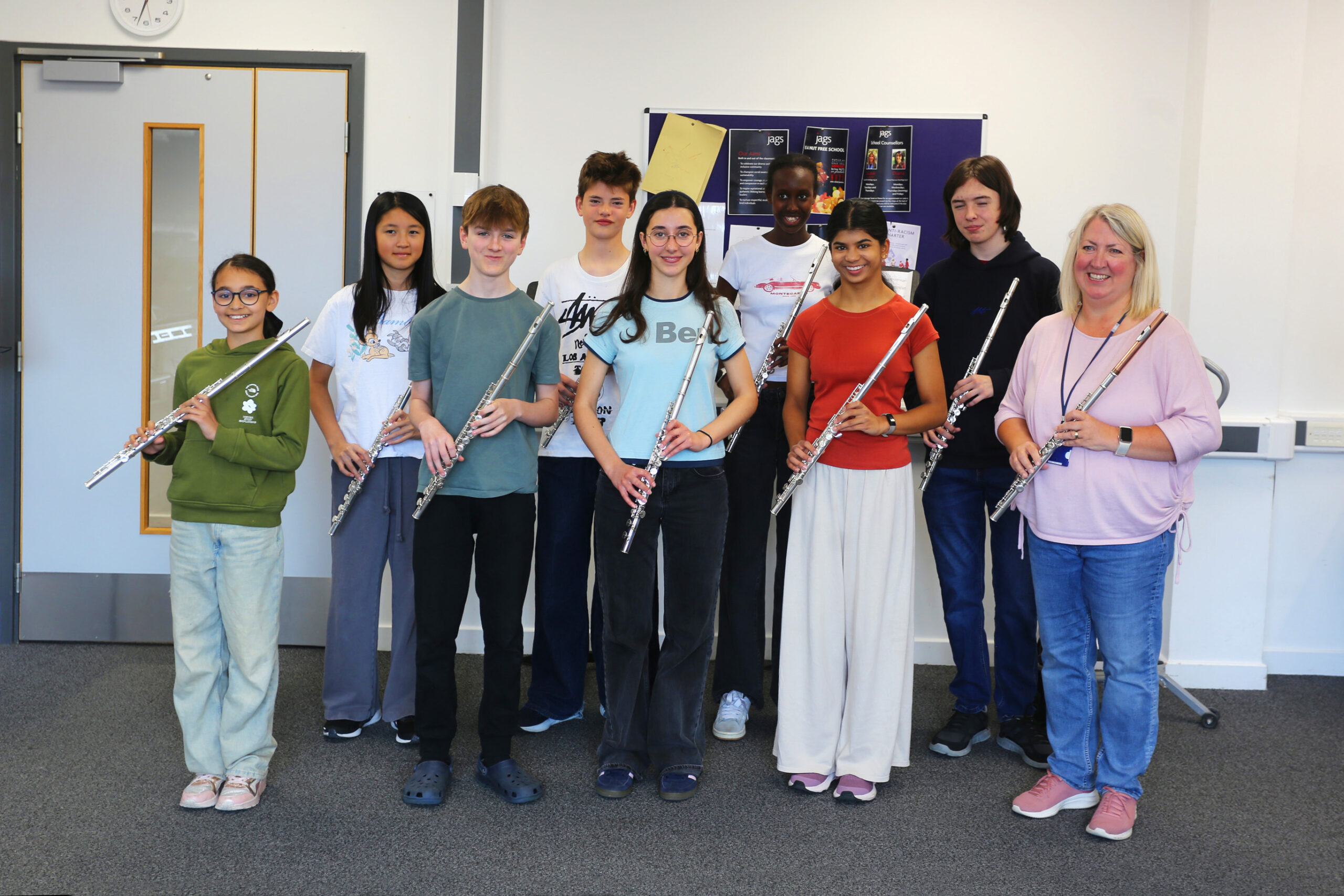
Ensembles & Chamber music for instrumentalists other than pianists - Joining ensembles for the first time can feel rather daunting, However, most musicians would agree that coming together and playing with others is actually the most fun and exciting part of being a musician. Our Ensembles are designed to provide a welcoming, encouraging and, most importantly positive atmosphere in which to gain experience of playing with others.
Tutors are instrumental specialists from our teaching team. Strings, Wind and Brass players welcome to join! Each year the ensembles will be re-jigged to accommodate our current cohort of students and will include Chamber Music as well as larger ensembles including Jasspa Jazz Band, Beginner Strings, Junior Strings, Guitar Ensemble, Flute Ensemble and Cello Choir. We also cater for pupils wanting to explore jazz/improvisation.
What am I committing to if I sign up for an Ensemble? These are yearlong courses from September-July. All members should attend regularly and take part in performances. We accept applications to join during the school year prior to concert repertoire being set – please contact us to find out where we have spaces.
